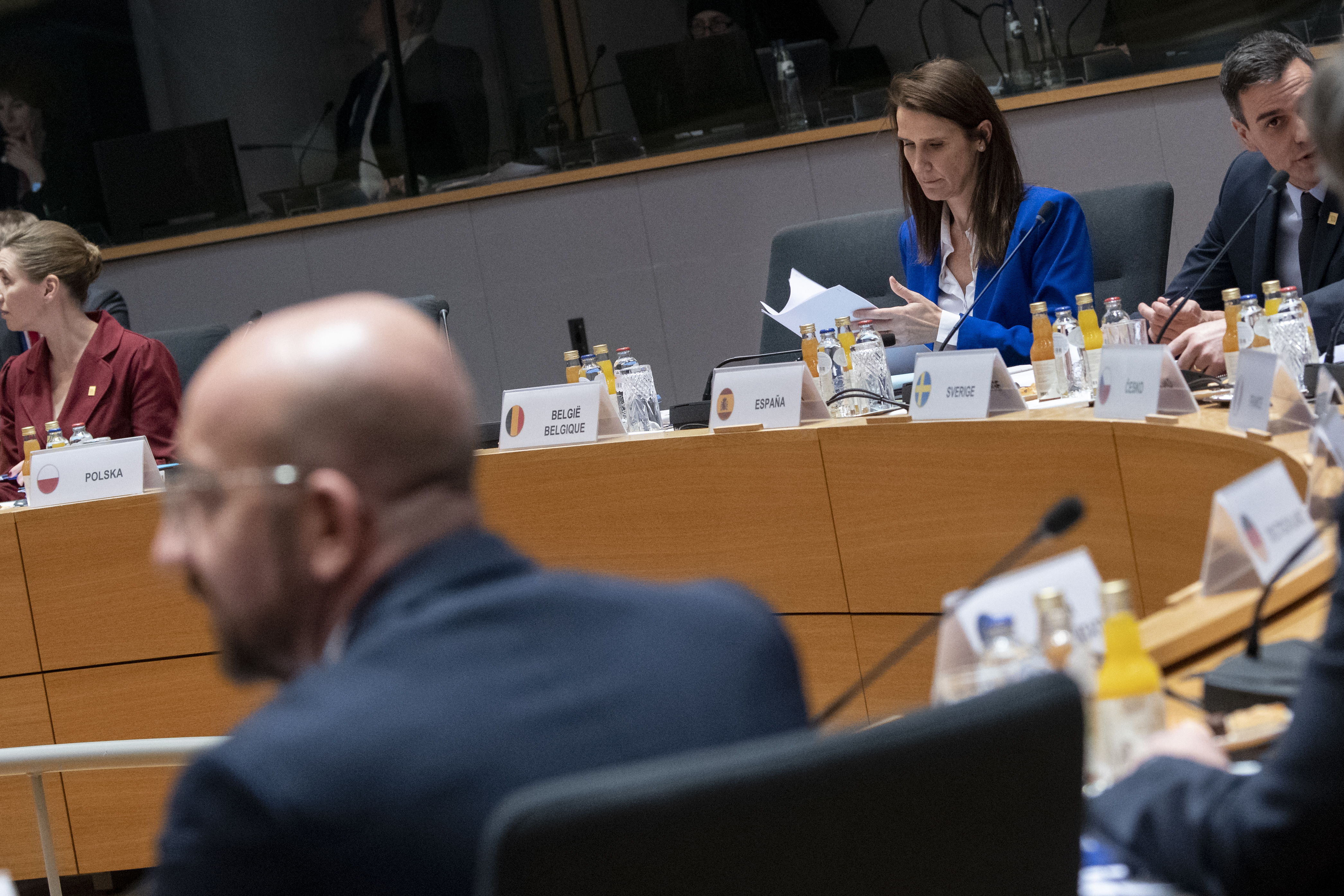Federal government will be able to appoint senior officials after dissolution

The federal government has decided that senior officials can be appointed after the government is dissolved, according to a circular sent by prime minister Alexander De Croo to all government cabinets, which the newspaper De Tijd obtained. Experts warn that the measure could encourage arbitrariness.
When the federal parliament is dissolved, the government de facto becomes a provisional government. Executive power is limited to "day-to-day management", decisions that had already been initiated, and urgent matters until a majority is found for a new government.
Until now, that temporary government could not recruit officials from the third highest level (A3) or promote them from the fourth highest level (A2). As a result, hundreds of types of positions, including advisers, inspectors, coordinators and experts in public administrations or in the judiciary or the army, could not be temporarily filled in.
According to new instructions in a letter from De Croo, that prohibition has now expired. Candidates can thus be appointed to the highest level of statutory officer (A5) by the provisional government. The only exception is for the highest government officials, the chairs of federal government departments. Their mandates, however, can be renewed by the temporary government, provided the first term was evaluated positively.
According to De Tijd, the measure came partly at the instigation of administrators themselves, as they fear government formation will drag on after the elections. That could paralyse their operations due to the strict rules of provisional governance.
Experts, however, raise serious questions about the change of course. Professor of constitutional law Emmanuel Vandenbossche of the Vrije Universiteit Brussel called the instructions contrary to the principles of provisional governance. “This encourages arbitrariness, the principle of provisional governance should not become a scrap of paper," he said.
Sophie Wilmes took over Charles Michel's role as prime minister in the provisional federal government after he became president of the European Council in 2019 © BELGA PHOTO POOL PHILIP REYNAERS